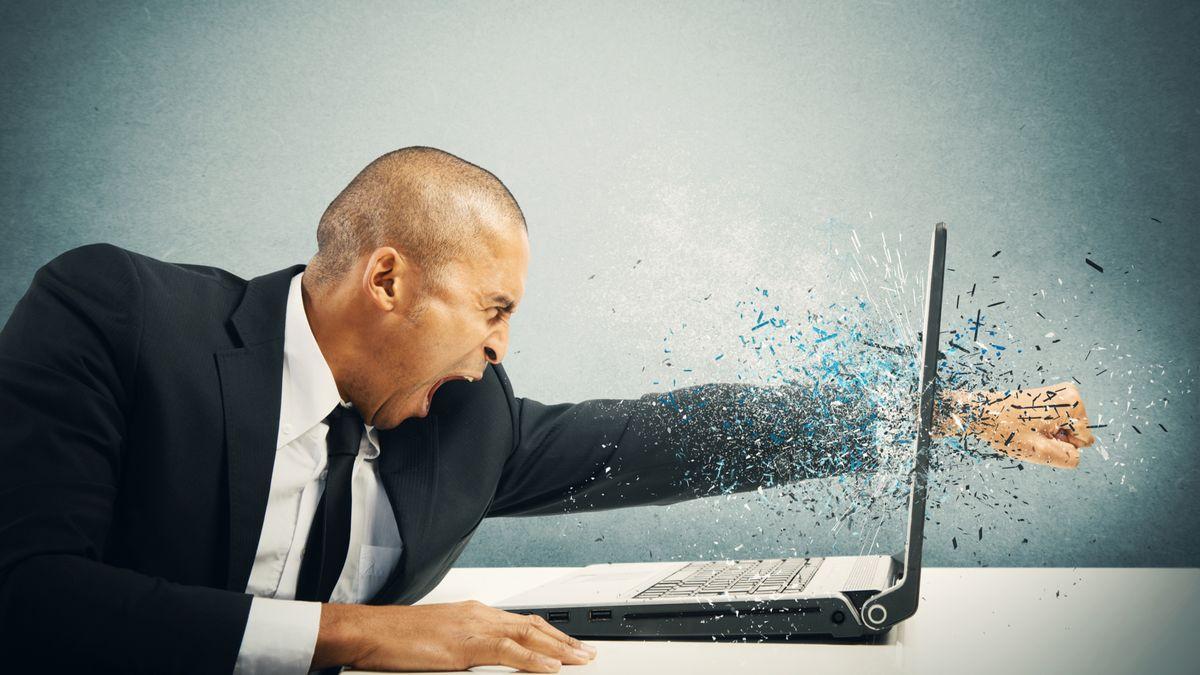Can’t upgrade your PC to Windows 11? Buy a new one, is Microsoft’s laughable solution
With the recent announcement of Windows 11, Microsoft has created quite a stir in the tech world. Many computer users were eagerly anticipating the new operating system, hoping to take advantage of the enhanced features and improved performance that Windows 11 promised. However, to their disappointment, they soon discovered that upgrading their current PCs to Windows 11 might not be possible.
In an unprecedented move, Microsoft has set strict hardware requirements for Windows 11, leaving many users unable to upgrade their existing systems. The company claims that these requirements are necessary to ensure a more secure and stable operating system, but the reality is that countless PCs will be excluded from enjoying the benefits of Windows 11.
To make matters worse, Microsoft’s suggested solution to this dilemma is nothing short of laughable – buy a new PC. Yes, you read that right. Microsoft’s response to the inability to upgrade is to essentially tell users to invest in an entirely new computer.
This approach is not only impractical but also insensitive to the financial constraints of many computer users. It astonishingly disregards the fact that purchasing a new computer is a significant investment, and not everyone has the means or desire to do so just to accommodate a new operating system.
Furthermore, forcing users to buy new hardware contradicts the idea of sustainability and responsible consumption. In a time when the world is facing environmental challenges, it is essential for tech companies like Microsoft to encourage users to make the most of their current devices and avoid unnecessary waste.
The hardware requirements set by Microsoft for Windows 11 include features such as TPM 2.0 (Trusted Platform Module) and UEFI (Unified Extensible Firmware Interface) Secure Boot capability. While these specifications might be reasonable for newer computers, they are often absent in older models that are perfectly capable of running Windows 10 and performing various tasks efficiently.
Microsoft’s decision also disregards the fact that many users have invested time and effort in customizing their current systems, installing software, and setting up their preferences. Expecting them to abandon all their hard work and start from scratch with a new PC is not only inconvenient but a disregard for the user experience.
Moreover, this move seems to be driven by financial incentives rather than genuine concern for user satisfaction. By pushing users to buy new hardware, Microsoft is not only generating immediate sales but also potentially creating a cycle of continuous upgrades as hardware requirements inevitably change with future operating systems.
So, what should Microsoft have done instead? There are several alternatives that would have been more user-friendly and respectful of consumer needs. For example, they could have allowed a limited version of Windows 11 to run on older hardware, focusing on a more streamlined experience that maintains the core functionality. They could have also provided optional security features as extensions for Windows 10 users to ensure a more secure environment without forcing a complete hardware upgrade.
Ultimately, Microsoft’s suggestion to buy a new PC as a solution to the inability to upgrade to Windows 11 is not only laughable but also fails to address the concerns and needs of a significant portion of their user base. It demonstrates a lack of empathy and disconnect between the company and its customers. As computer users, we deserve better and more considerate solutions from one of the leading tech giants in the world.
Hey Subscribe to our newsletter for more articles like this directly to your email.
